Hey there! Have you ever puzzled what it’s want to lose your experience of odor or taste after improving from COVID-19? It’s a actual mission for many folks, and nowadays, we’re going to dig into what this indicates—in particular as we roll into 2025. COVID-19, that sneaky virus because of SARS-CoV-2, has been part of our lives considering 2019, impacting thousands and thousands around the world. Most human beings bounce back from the initial infection in a few weeks, but for a few, the consequences linger way longer than predicted. These lingering issues, often called long COVID, can throw a bunch of curveballs like fatigue, brain fog, shortness of breath, and—you guessed it—loss of smell and taste.
Here’s a wild stat: about 5% of adults who’ve had COVID-19 might be dealing with long-term smell and taste loss. That’s potentially up to 27 million people worldwide, according to a meta-analysis shared by Medical News Today. To bring this home, let’s meet Leilani. She caught COVID-19 a few years ago, and even now in 2025, she’s still grappling with these senses—or lack thereof. Her story isn’t rare, and it’s one we’re going to unpack together. We’ll look at what’s behind this, how it messes with everyday life, and what’s out there to help, all in a way that feels like we’re just chatting over coffee.
Understanding the Issue
So, let’s start with the fundamentals. The lengthy-term effects of COVID-19, regularly dubbed long COVID, can hang around for months or even years when you’ve kicked the initial contamination. Long COVID is kind of a messy puzzle—it can hit different parts of your body and show up in all sorts of ways. Experts at Johns Hopkins Medicine say it doesn’t care if you’re young or old, or even if your case was mild. What’s causing it? Well, researchers aren’t 100% sure yet, but they’re pointing to things like leftover virus bits, an immune system that’s gone a bit haywire, or inflammation that just won’t quit.
One of the standout issues with long COVID is losing your sense of smell—called anosmia—or taste, known as ageusia. Studies peg this at about 5% of adults who’ve had COVID-19, and trust me, it’s more than a minor annoyance. Take Leilani, for instance—she can’t savor her favorite meals anymore, and she once missed a burning smell from her stove. We’re going to dive into how common this is and what it’s really like, with some solid backup from places like JAMA Network Open.
What Are the Long-term Effects of COVID-19?
Long COVID is the trap-all time period for those pesky signs and symptoms that stick round after the worst of COVID-19 is over. It’s like the virus left a parting gift nobody asked for. Here’s a quick rundown of what you might see:
- Fatigue that just won’t lift
- Brain fog—think forgetting where you parked your car, daily
- Shortness of breath
- Chest or joint pain
- Loss of smell and taste (our spotlight today)
- Feeling down or anxious
- Trouble sleeping
- Heart palpitations
- And a whole lot more
The World Health Organization reckons that 10-20% of COVID-19 survivors might deal with long COVID. But pinning down exact numbers is tricky because the symptoms are all over the map, and there’s no one-size-fits-all definition yet.
Zooming In on Smell and Taste Loss
Alright, let’s zero in on smell and taste loss—anosmia and ageusia, if we’re getting technical. These are some of the most talked-about long-term effects of COVID-19, and they can drag on for months or even years. A study from NBC News backs up that 5% figure for adults with lasting issues.
What does this look like day-to-day? Here’s the scoop:
- Total blackout: No smell or taste at all.
- Faint signals: Just a whisper of what used to be.
- Weird twists: Things smell or taste off—like coffee suddenly stinking like burnt rubber.
- Ghost sensations: Smelling or tasting stuff that isn’t even there.
The folks at Mayo Clinic Health System say it’s not just annoying—it’s isolating. It can mess with how you enjoy food, spot dangers, or even bond with people over a meal. For some, it’s a domino effect: less appetite, dropping pounds, or missing out on key nutrients.
Impact on Daily Life
Picture this: you can’t smell the roses or taste your grandma’s famous lasagna. For tons of people, that’s the reality of these COVID-19 long-term effects. Eating turns into a chore, safety gets dicey, and emotionally, it can hit hard. Leilani’s been there, and reports from places like Mayo Clinic Health System echo her struggles. Let’s break it down.
Challenges in Eating and Nutrition
When smell and taste vanish, food loses its magic. You might not feel hungry, or everything just tastes like cardboard. That can lead to skipping meals, losing weight, or leaning on junk food loaded with sugar, salt, or fat to feel something. NHS Inform notes that folks might start dodging certain textures or temperatures too. Leilani, for one, used to live for spicy tacos, but now the heat’s all she gets—no flavor to balance it out.
Safety Concerns
Your nose and tongue aren’t just for enjoyment—they’re your early warning system. Without them, you might miss a gas leak, smoke, or that funky smell from last week’s leftovers. Leilani’s had close calls—like leaving the stove on because she couldn’t smell the gas, only noticing when she saw the flame. Another time, she downed spoiled milk, clueless until her stomach rebelled. HealthPartners Blog suggests tricks like smoke detectors, carbon monoxide alarms, and obsessive label-checking to stay safe.
Emotional and Psychological Effects
Here’s where it gets heavy. Losing smell and taste can tank your mood. It’s isolating—missing out on life’s little joys like fresh-baked cookies or a shared glass of wine. CIDRAP says a quarter of people with this issue never fully bounce back, and that can spiral into long-term blues or anxiety. For Leilani, it’s meant feeling cut off from her crew—no more laughing over dinner or savoring family recipes together.
What’s Next: Recovery and Help
Okay, now for some hope! A lot of people see their smell and taste perk back up in weeks or months, but for others, it’s a longer haul. Things like how rough your COVID-19 case was or how old you are can shake things up. There’s good stuff out there—like olfactory training (sniffing exercises for your brain) or even some meds. Plus, support groups can be a game-changer, offering tips and a shoulder to lean on, per NHS Inform. Let’s walk through what’s next.
Typical Recovery Time
Most folks, according to Healthline, get their senses back in a few weeks to months. But some? It’s a year or more. That JAMA Network Open study found nearly a third of people still had smell issues after 12 months. The silver lining? Most see some improvement, even if it’s not a full comeback.
Factors Influencing Recovery
What decides how fast—or if—you recover? A few things:
- How bad it hit: Rougher cases often mean longer-lasting effects.
- Age: Older folks tend to struggle more.
- Variant: Alpha was a big culprit; Delta, less so, per PMC.
Vaccines might help too—some data hints that jabbed folks dodge the worst of these long-term effects.
Long-Term Outcomes
For many, smell and taste loss fades over time. But that JAMA study says about a third are still in the weeds after a year. Even so, most get better bit by bit. Researchers are digging into new fixes for those stuck in limbo, so there’s more to come on this front.
Medical Treatments
Got options? Yep! Here’s what’s out there:
Olfactory Training
It’s like gym time for your nose—sniffing essential oils to reteach your brain. NHS Inform says it works for some, especially if you start early.
Medications
Topical corticosteroids can ease inflammation, but Mayo Clinic Health System warns they’re not a silver bullet for long-haul cases. Other ideas—like intranasal insulin or platelet-rich plasma—are in the works, aiming to kickstart nerve repair.
Non-Medical Coping Strategies
Not into meds? No worries, there’s more:
Support Groups
Chatting with others in the same boat can lift your spirits and share handy hacks. HealthPartners Blog calls them a goldmine for community.
Lifestyle Adjustments
Mix up your meals with spices, herbs, or crunchy textures. NHS Inform suggests playing with recipes or making food look pretty to keep it fun.
Seeking Medical Advice and Support
If this is you, talk to a doc. They can figure out what’s up and maybe send you to a specialist—like an ear, nose, and throat pro or a neurologist. Online groups can also be a lifeline, connecting you with others who get it.
Wrapping It Up
So, there you have it—losing smell and taste is one of those sneaky long-term effects of COVID-19 that can really shake things up. It’s tough, no doubt, hitting everything from your plate to your peace of mind. The good news? Most people see improvement, and there’s a toolbox of help out there—training, meds, support, you name it. If you’re in Leilani’s shoes, don’t go it alone. Reach out to a healthcare pro, check out resources, and hang in there. You’ve got this, and there’s hope on the horizon.

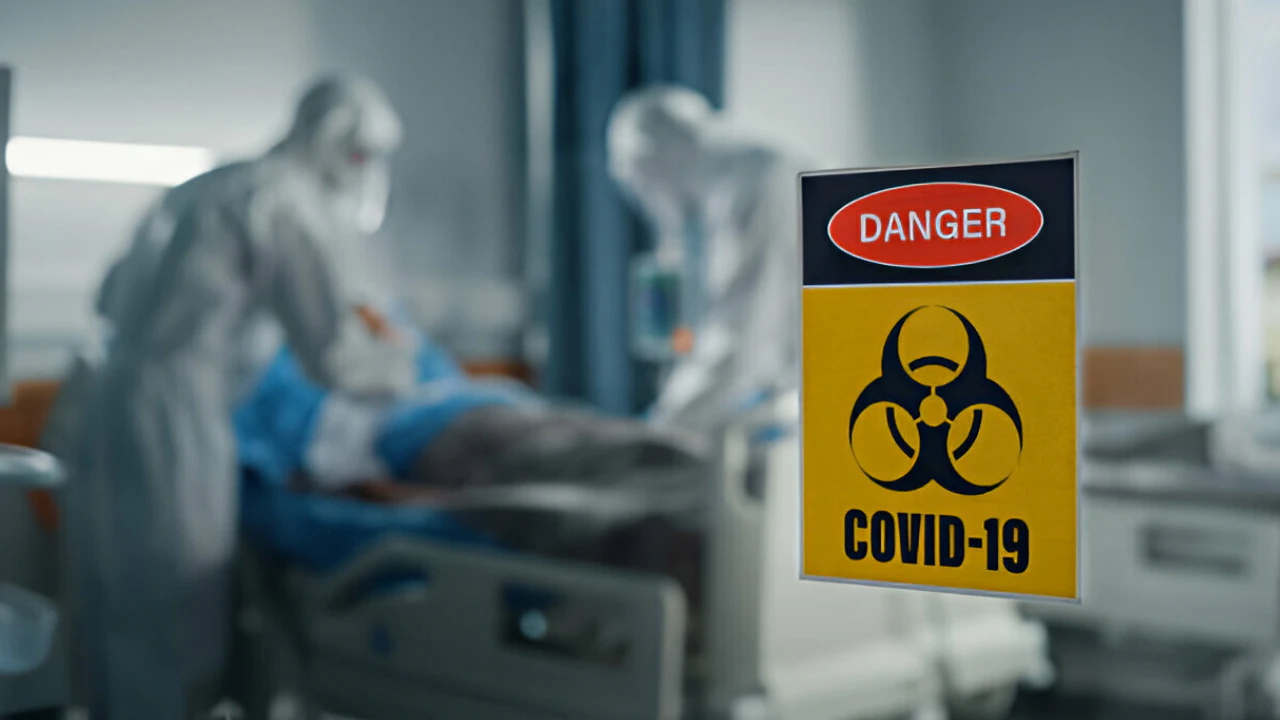



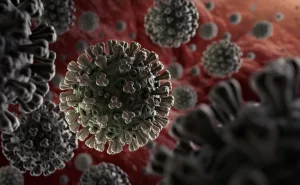
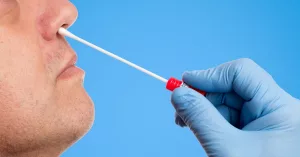


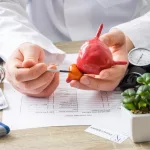


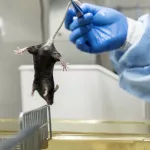


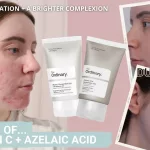





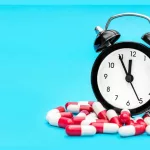

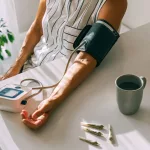
Leave a Reply
You must be logged in to post a comment.